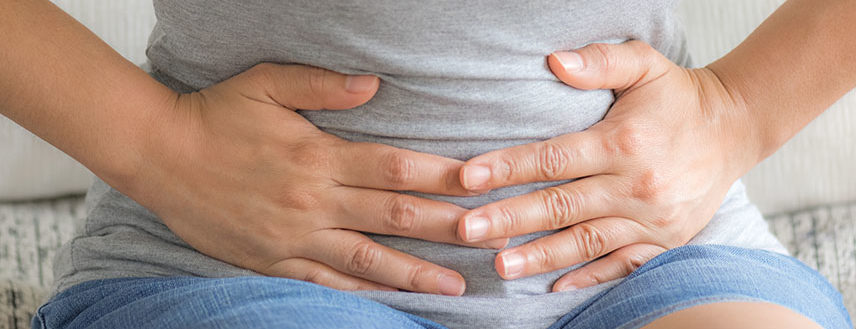
If you suffer from sleep deprivation, you could be facing some serious physical health effects. A startling study published in the journal Sleep found that nearly one quarter of people who sleep fewer than six hours a night have some kind of cardiovascular disease (clogged arteries, an abnormal or weak heartbeat, etc.). Worse – Harvard Medical School experts say that if you routinely fail to get five hours of sleep, you’re 15 percent more likely to die at any age from anything.
Lack of adequate sleep has definite physical consequences.
- Dulled Reflexes – Your body relies on proper rest to repair the neurons in your nervous system that direct your body’s voluntary and involuntary commands. Without enough sleep, your reflexes are dulled. After 24 hours without sleep, cognitive motor performance compares to that of someone who has consumed five alcoholic beverages, according to a study in Nature. Sleep deprivation makes us dangerous drivers and bad decision makers.
- Increased Waistline – Researchers at Stanford University found that people who typically get only five hours of sleep per night have on average a 3.6 percent greater body mass index (BMI) than those who slept longer. Living on just four hours of sleep? The American Journal of Clinical Nutrition says you should expect to consume an additional 559 calories (the equivalent of a Big Mac) the next day! Given that it takes just 3,500 calories to add a pound to your body, those calories can quickly turn into extra weight.
- Gut Difficulties – Obviously, digestive difficulties such as heartburn, indigestion and upset stomach can interrupt your sleep. But quality of sleep also affects your digestion. Studies have shown that many patients with Irritable Bowel Syndrome experience increased symptoms the morning after a restless night. The process of digestion requires a great deal of energy and without enough rest, your body can not adequately do its job. Plus, lack of sleep makes you more susceptible to stress, which can wreak even more havoc on your gut.
- High Blood Pressure – People who sleep five hours or less a night may be at higher risk of developing high blood pressure or worsening already high blood pressure. A study of older men published in the journal Hypertensionfound that those who got the least amount of deep sleep were 80% more likely to develop high blood pressure, compared to those who got longer, less interrupted sleep. Sleep helps your blood regulate stress hormones and encourages a healthy nervous system. Over time, a lack of sleep could diminish your body’s ability to regulate stress hormones, leading to high blood pressure.

Leave a Reply